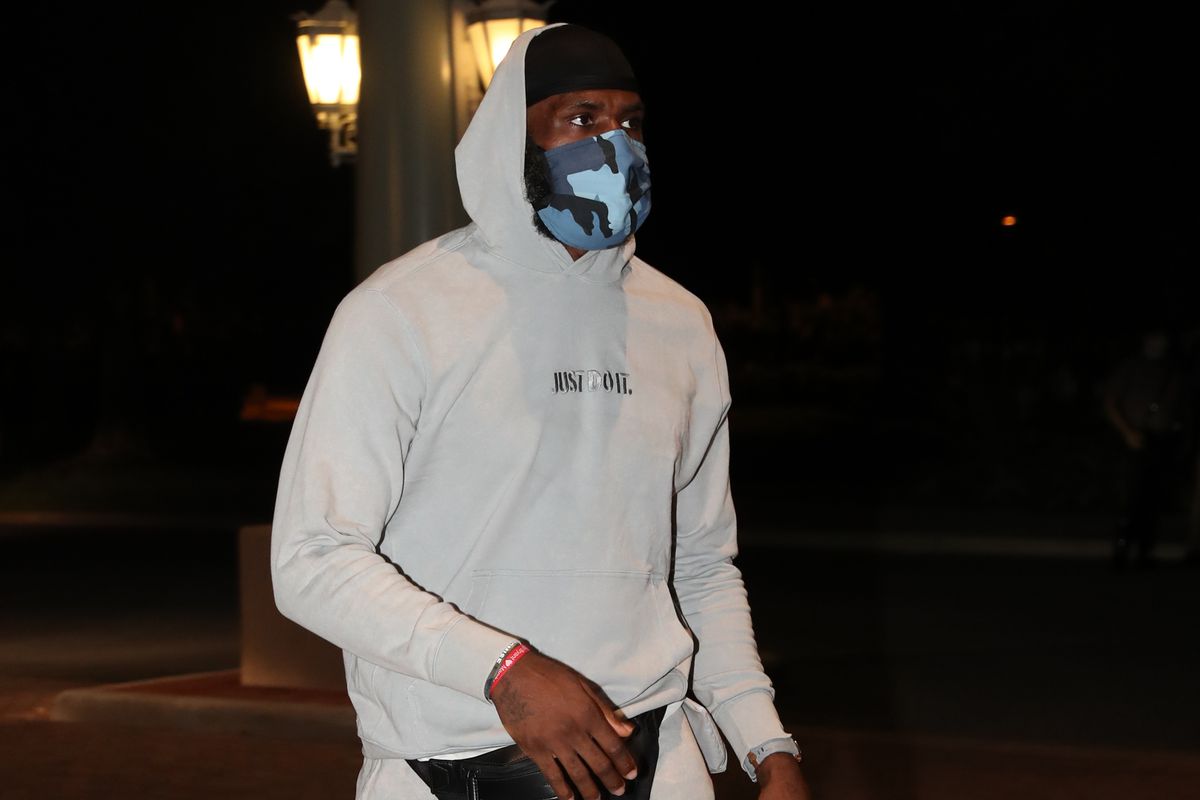Voter suppression is a phenomenon that should seem incomprehensible in the proud, democratic United States of America, but is something that still occurs during each and every election cycle. It has yet again become a topic of conversation due to the 2020 primaries, an event that was not exempt from its fair share of voter suppression.
Voter suppression is the insidious effort taken to make the voting process more difficult for disenfranchised groups of people. The intention behind voter deterrence is grounded in the attempt to control the political outcomes of an election. Although the Voting Rights Act of 1965 aimed to outlaw the overtly racist tactics used to shut out voters during the Jim Crow era, there are still many covert ways in which it is practiced today. Some of the most prominent ways include voter ID laws, voter registration requirements, voter purges, felon disadvantages and gerrymandering.
As of this year, thirsty-six states require identification at polls, and seven of those states only accept a government-issued photo ID. This has prevented voting from many low-income citizens who cannot afford to attain an ID, as well as disabled citizens who cannot travel for one to be made. In regard to registration, many states, including New York, have a cut off time prior to the election. This is an outdated restriction that was implemented when registration was done via mail and needed ample time to be delivered. It deprived around 90,000 New Yorkers of voting in the 2016 Presidential election. Voter purges are another form of suppression, where eligible voters are removed from voter rolls. Oftentimes this process will use inaccurate data to deny people the right to vote without fair notice that they have been purged from the system. According to the Brennan Center for Justice, over 16 million eligible voters were wrongfully removed from voter rolls between 2014 to 2016. The third way in which voter suppression manifests is through felons being barred from voting. Given that Black people living in the United States are disproportionately targeted by the criminal justice system, they are also the most negatively impacted by these voting restrictions. Iowa notably has the most stringent voting restrictions for felons, along with the highest Black incarceration rate in the nation. A fourth way in which marginalized people are strategically singled out is through gerrymandering. Gerrymandering is when states redraw district lines every ten years based on the census data of residents. This is used as a tool to manipulate district boundaries toward favorable constituents, and assure future election victories.
On top of these established methods of voter suppression, states still manage to find creative ways to make voting strenuous, and this was evident over the past few months during the 2020 primaries. In April, during the peak of the COVID-19 pandemic in the U.S., Republican legislators blocked a plea to extend the absentee ballot. According to The Nation, a voter named Jennifer Taff was infuriated that she requested an absentee ballot three weeks in advance but never got a response. Also, very few polling stations were operating, which prevented high-risk individuals without reliable healthcare from going out to vote. A similar situation happened in Georgia and Kentucky during their respective election days. In Louisville’s Jefferson County, an area where around half of Kentucky’s Black population lives, only one polling station was available. In Georgia, claims of absentee ballots never being delivered, long lines, broken machines and polling locations not opening during designated times caused a massive uproar. In response to the outrage, Georgia State Secretary Brad Raffensperger blamed local officials, but former Representative Stacey Abrams claimed that “it is not sufficient to say that the county you live in determines the quality of your democracy. That’s why we have the secretary of the entire state—not just the counties that do it right, not just the counties that have the resources, not just the counties that he likes.”
Given what occurred during the primaries, who knows what November will hold? Will there be more pushback, or will the suppression intensify? Things become more complicated when the stakes are so high. Regardless of what happens, it’s important to note that voter suppression won’t just disappear unless concerted efforts are made to pass the Voting Rights Advancement Act, which would alleviate the voting process and hold perpetrators of suppression accountable. The bill has been passed by the House but has yet to be passed by the Senate.














